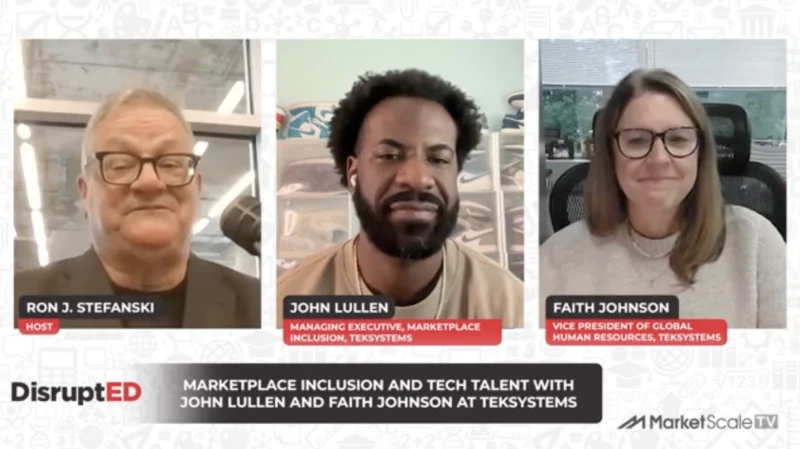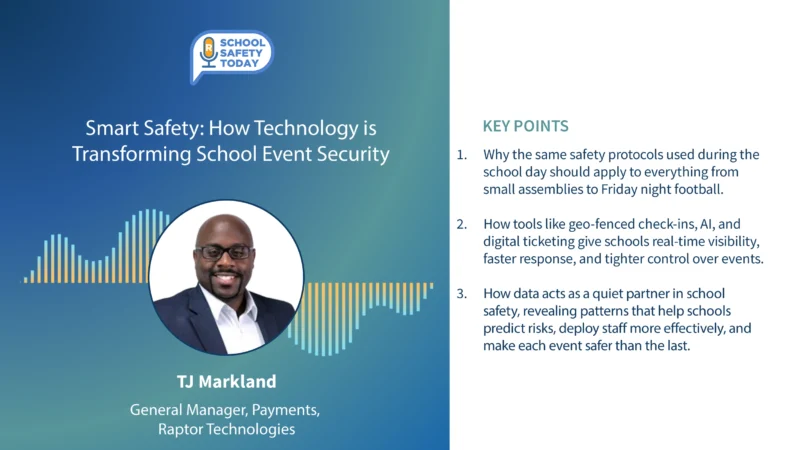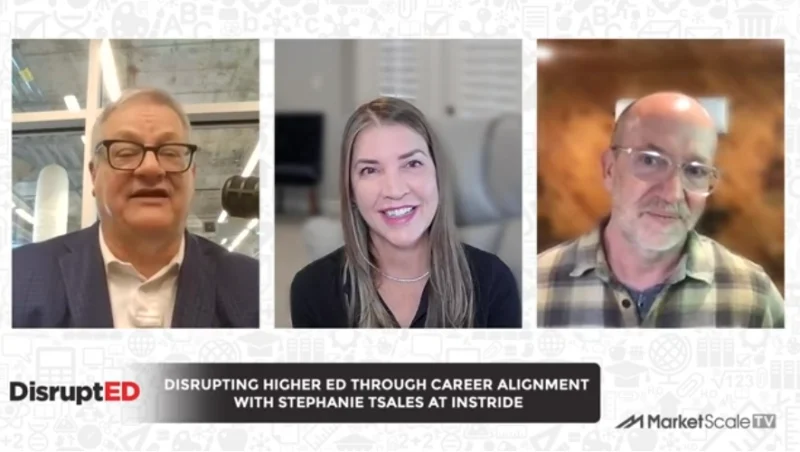Cut Costs, Not Corners for the Future of Higher Education: Redirect Focus to Student Achievement
The landscape of higher education has been the subject of intense scrutiny and debate in recent years. The rising costs of tuition, the ballooning of administrative overhead, and questions about the real value of a college degree have sparked a vital conversation about the future of higher education. This has sparked discussions among educators, investors, and students, underlining the pressing requirement for innovative approaches to funding and restructuring universities and colleges.
What does this mean for the future of higher education, and how can institutions adapt to better serve students and society?
In this episode of The Future of Education: Class Disrupted, host Michael Horn and Dianne Tavenner engage with special guest Stacey Childress, the Senior Advisor at McKinsey and Company. This Part II of the 2-part series provides a comprehensive discussion on the challenges facing higher education and the innovative solutions that could redefine its landscape.
The main points of the conversation include:
- The necessity of focusing on student education and reducing administrative overhead to lower costs and improve the quality of education.
- The importance of unbundling the traditional university model to offer more personalized and varied educational experiences.
- The potential of competency-based assessments and the role of technology in creating more equitable and efficient educational outcomes.
Stacey Childress brings a wealth of experience to her role as a Senior Advisor at McKinsey and Company, drawing on her extensive background in education and business innovation. Her journey in the education sector began in the classroom, where she served as a teacher before venturing into the realm of software entrepreneurship and academia. At Harvard Business School, she was notably involved in fostering entrepreneurial endeavors within the public education system. Childress’s contributions to the field are varied and impactful, including authoring educational books and case studies, as well as steering organizations like New Schools Venture Fund and others towards enhancing educational results for students. Her work is characterized by a dedication to bridging the gap between educational challenges and opportunities, always with a keen focus on advancing student achievement.




